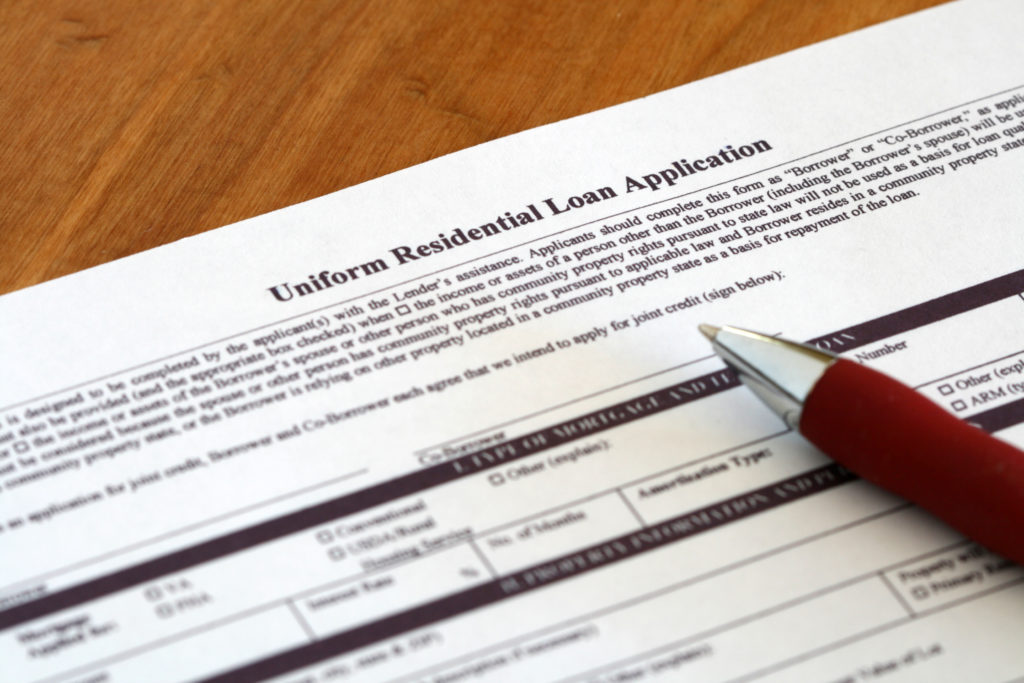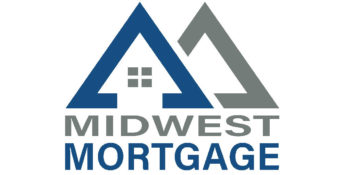The Loan Process
Prequalification
Prequalification occurs before the loan process actually begins. The lender gathers information about your income and debts, and makes a financial determination about how much house you may be able to afford.
It’s a good idea to know how expensive a home you can afford before you start shopping for one! If you are refinancing the loan on your existing home, then the prequalification process should help you decide whether refinancing is a good idea for you.

Pre-Approval
Getting pre-approved will make the buying process easier so you know in advance the maximum amount you can afford. It also gives you a better negotiating position as sellers are more apt to accept your offer knowing you are already pre-approved. It will also streamline the process once you do sign a purchase agreement. Getting pre-approved requires a credit check but we will always ask for your permission prior to running your credit. We will also need to verify your income and assets. A lot of times we can get you pre-approved within minutes of you completing the application.
Application
The application is the beginning of the loan process. If you would like to be pre-approved, we need you to complete the application and supply all of the required documentation needed for processing.
If you have signed a purchase agreement or you have determined that you wish to refinance the loan on your existing home, you also need to complete the application. Various fees and down payment options are discussed at this time. The loan officer will deliver a Loan Estimate (LE) within three days that itemize the rates and estimated costs for obtaining the loan.
Processing Your Loan
The lender will typically submit the application package to an automated underwriting system that will provide the lender with the necessary documentation needed for loan approval. In some cases, the lender may also manually underwrite an application package.
The lender reviews the credit reports and documentation to verify your employment, debts, and payment histories. If there are unacceptable late payments, collections, judgments, etc., we will request a written explanation from you. The appraisal and title commitment are checked for property issues that may affect the final loan approval. The entire application package is then submitted to the underwriter.
Underwriting
The lender’s underwriter is responsible for determining whether the application package meets all the lender’s criteria. If more information is needed, the loan is put into “suspense” and you will be contacted to supply more documentation.
If the underwriter approves the loan, the lender issues a conditional commitment to lend, works with you to clear all conditions to its commitment to lend, and then we schedule a closing time. Conditions to the lender’s commitment may include issues with credit, income, or the property that may arise during the processing and underwriting process.
Closing
Getting pre-approved will make the buying process easier so you know in advance the maximum amount you can afford. It also gives you a better negotiating position as sellers are more apt to accept your offer knowing you are already pre-approved. It will also streamline the process once you do sign a purchase agreement. Getting pre-approved requires a credit check but we will always ask for your permission prior to running your credit. We will also need to verify your income and assets. A lot of times we can get you pre-approved within minutes of you completing the application.
